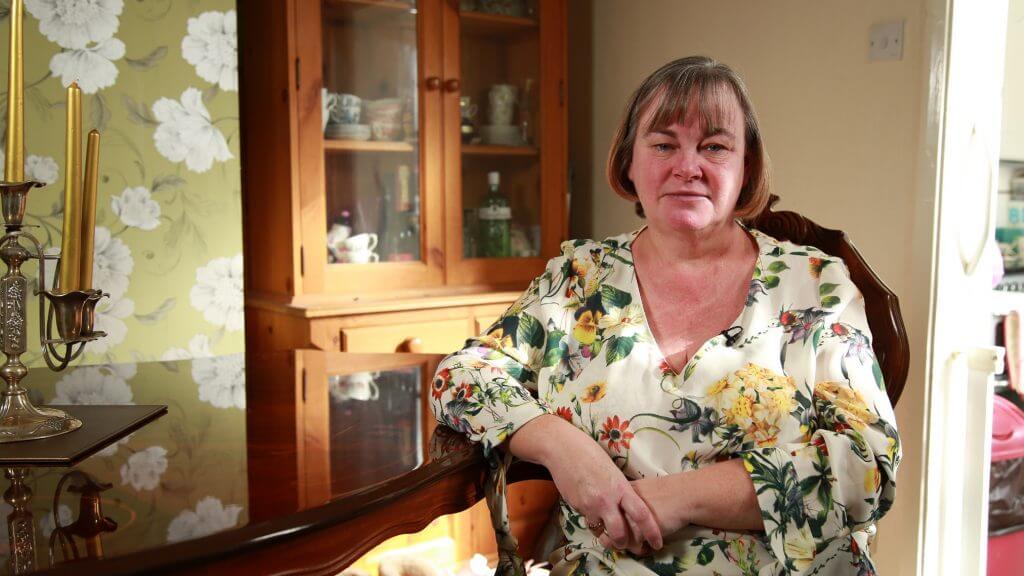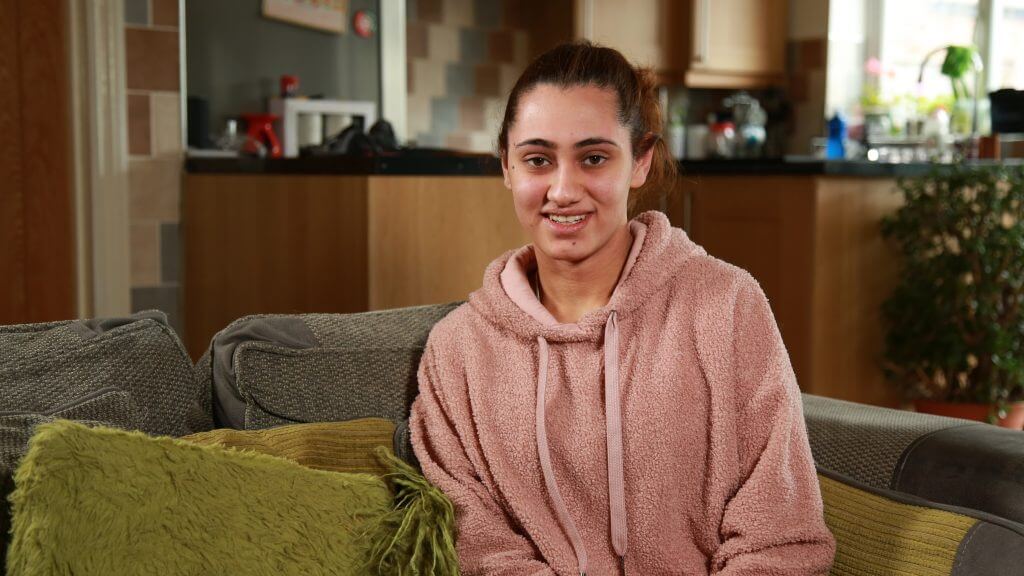Posted on August 5th 2019
PRESS RELEASE: People living with the rare disease Pulmonary Hypertension are suffering financial distress and an unfair battle for benefits, according to new research.
The Pulmonary Hypertension Association (PHA UK) has launched the findings of its study into the financial impact of Pulmonary Hypertension (PH), a serious life-limiting disease affecting the heart and lungs.
Results show that on average, patients in full time work at the time of diagnosis lose a third of their income. Over 80 per cent of those who have applied for benefits found the process difficult or ‘extremely difficult’. Over half were turned down upon first application, but 78 per cent of those who appealed had their application approved in the end.
PH affects just 7,000 people in the UK. There is no cure and if patients don’t respond to treatment, they may undergo a lung and / or heart transplant.
Symptoms typically involve breathlessness, fatigue, black-outs and swelling around the ankles, arms and stomach. PH affects the ability to carry out basic tasks and to get around and it can affect anyone, of any age.
The results of the research show over half of people with PH say they now have more difficulty paying bills, and 84 per cent say life or travel insurance quotes are now more expensive.
Jayne Venables, 50, lives in Sittingbourne in Kent and was diagnosed with PH in 2014. She now uses a wheelchair and oxygen and after having to give up work as an administrator, she has been forced to borrow money from her family – including her teenage children.
Jayne said: “My husband had to give up work at the same time as me to become my carer, so we went from two incomes to none in the space of a few weeks and have lived off benefits ever since. The financial implications of PH have brought a lot of stress to the family.”
Jayne describes applying for benefits as a ‘minefield’. “There’s a real lack of understanding amongst decision-makers and assessors,” she said. “They see the word ‘hypertension’ and think it’s high blood pressure. They look surprised when I come into the interview room in a wheelchair, with an oxygen tank, and an intravenous medication line coming out of my body.”

Alysha Sharma, 23, lives in Coventry and was diagnosed with PH last year. She applied for Personal Independence Payments (PIP) but was denied the higher rate. Upon appeal she was awarded the higher rate for mobility, but not daily living, and decided to accept the decision to avoid having to attend a tribunal.
She said: “My initial assessment felt like an interrogation; it was intimidating, and the assessor clearly didn’t understand my condition. Then I had the added pressure of worrying about sitting in a tribunal and having to pour my heart out in front of people I don’t know. I ended up accepting the decision because I was so worried they would end up taking it all off me instead.
“I don’t want to claim benefits, I find it embarrassing at such a young age, but I don’t have a choice because I’m too ill to work. I’m worried about it all and I don’t believe in myself anymore – which is really hard.”

The PHA UK, the national charity for people affected by pulmonary hypertension, will use the results of its financial impact survey to campaign for change.
Iain Armstrong, chair of the PHA UK, said: “Pulmonary hypertension is a disease which robs people of their financial stability, through no fault of their own. This research shows just how serious the problem is and we now have strong evidence that the unfair benefits system is simply adding to the financial distress facing PH patients and their families.
“It’s abhorrent that patients are having to go through appeals and tribunals simply to get what they are entitled to, battling ignorance along the way. These people are being let down by the very system set up to support them.”
The PHA UK is based in Sheffield, South Yorkshire. It is the only charity in the UK dedicated to supporting the PH community; made up of patients, their family and carers, and NHS professionals.
The full results of the PHA UK’s financial impact survey can be accessed here.
Media contact: Mary Ferguson on 01226 766900 or mary@capitalbmedia.co.uk